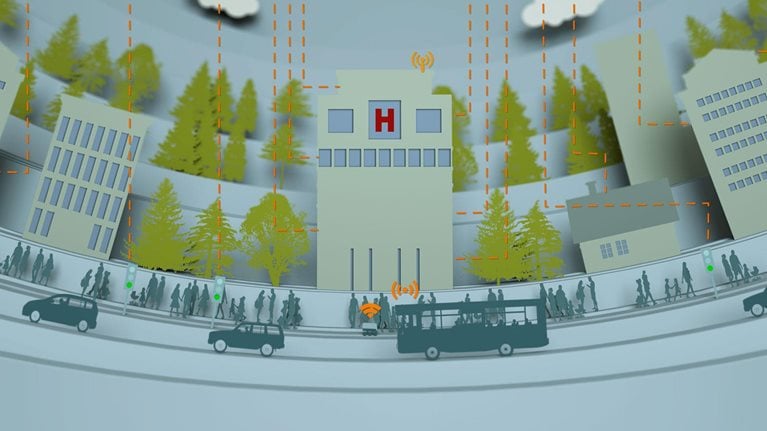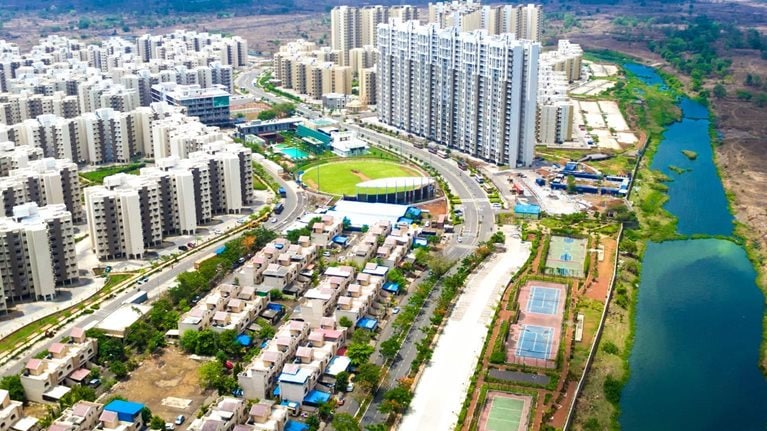Cities are the engines of economic growth in Southeast Asia. But the breakneck pace of urbanization has left many cities struggling to provide adequate housing, infrastructure, and services to meet the needs of a surging population.
Now smart technologies that could tackle some of these issues have reached maturity. Recent research from the McKinsey Global Institute (MGI) highlighted the fact that smart cities worldwide are incorporating data and digital technologies into infrastructure and services—and they are delivering tangible quality-of-life improvements as a result.
Building on that work, Smart cities in Southeast Asia (PDF–4MB) takes a more focused look at how cities across the region can make better use of data, digital tools, and smart solutions to solve specific public problems and make the urban environment more livable, sustainable, and productive.
MGI finds that smart cities could have substantial impact for the region as a whole. Among its findings:
- Smart solutions could eliminate up to some 270,000 kilotons of greenhouse-gas emissions annually.
- Some 5,000 lives lost each year to traffic accidents, fires, and homicides could be saved through mobility solutions, crime prevention, and better emergency response.
- Intelligent traffic and transit solutions could save up to eight million man-years in annual commuting time.
- Deploying smart healthcare solutions for the urban population could reduce the region’s disease burden by 12 million disability-adjusted life years—not only extending overall life expectancy but adding years of good health.
- By creating more efficient and productive environments for business and hiring, Southeast Asia could add almost 1.5 million jobs.
- Residents could also save as much as $16 billion annually as smart solutions contribute to better housing options and lower energy bills.
There is already a wave of activity and innovation across Southeast Asia. It includes digital citizen apps, homegrown ride-hailing apps, data-driven transit planning, intelligent traffic systems, data-driven disaster-risk assessment, advanced construction techniques, automation systems to manage energy consumption, and many more.
Low-income cities may be able to jump-start progress by creating open data portals, which make raw information available for private-sector innovation. Cities facing tough budgetary choices will have to prioritize the practical over the flashiest new technologies.
Smart cities are changing the parameters of how cities across Southeast Asia approach public–private partnerships. The report notes that private-sector companies that find ways to contribute to the public good and expand choices for urban residents can find substantial market opportunities across Southeast Asia. MGI estimates that smart-mobility applications could create up to $70 billion in value, while opportunities to make the built environment smarter could be worth more than $25 billion.
If Southeast Asia succeeds in using these new tools to manage growth and make the urban environment operate more efficiently, it can deliver a better quality of life to hundreds of millions of people.
Download the discussion paper on which this article is based, Smart cities in Southeast Asia (PDF–4MB).
This discussion paper was prepared for the World Cities Summit 2018, in collaboration with the Centre for Liveable Cities, Singapore.


